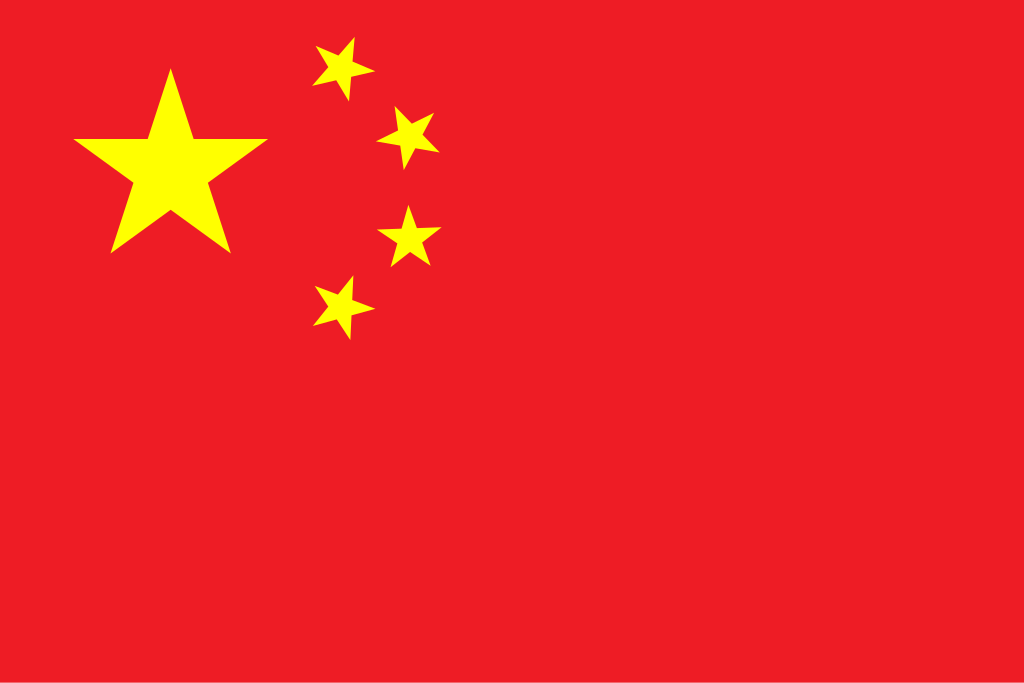The reality is that the coronavirus is among us and will remain among us for the time being. There is no easy or quick way out of this very difficult situation. The reality is that in the near future a large part of the Dutch population will be infected with the virus.
That is what the experts are telling us now. And what they also tell us is that, pending a vaccine or medicine, we can slow down the spread of the virus while at the same time building group immunity in a controlled way.
I have to explain that.
Those who have had the virus are usually immune afterwards. Just like in the old days with measles. The larger the group that is immune, the less chance that the virus will jump to vulnerable elderly people and people with poor health. With group immunity you build, as it were, a protective wall around them.
That is the principle. But we have to realize that it can take months or even longer to build up group immunity and during that time we need to shield people who are at greater risk as much as possible.
All in all, there are three possible scenarios. The first scenario is: maximally controlling the virus. This leads to controlled distribution among groups that are least at risk.
That is our scenario of choice. Maximum control means that we try to use measures to level off and smooth the peak in the number of infections and spread it over a longer period.
With this approach in which most people will only get minor complaints, we build immunity and ensure that the healthcare system can handle it. With the aim that nursing homes, in-home care, hospitals, and especially intensive care units are not overloaded. So that there is always sufficient capacity to help the people who are most vulnerable.
The second scenario is that we let the virus run unchecked. This would completely overload our healthcare system at the peak of contamination, leaving insufficient capacity to help vulnerable elderly and other high-risk patients. We must of course prevent that at all costs.
The third scenario is that we endlessly try to stop the virus. That means completely locking down the country. Such a rigorous approach may seem attractive at first sight, but experts point out that it definitely would not be a matter of days or weeks.
In that scenario, we would in fact have to shut down our country for a year or even longer, with all the consequences that entails. And even if it were practically possible – to only let people leave their homes with permission for such a long time – then the virus could immediately resurface if the measures were withdrawn.
The Netherlands is an open country and as long as there is no vaccine, the coronavirus will continue to spread through the world like a wave, and not skip our country.
All advice so far, all measures previously announced, are aimed at the first scenario of "maximum control". From the relatively simple guidelines to not shake hands, wash hands more often and keep a meter and a half away, to far-reaching measures such as banning larger gatherings and closing the catering industry.
And of course we keep our finger on the pulse every day. How long the measures are needed, and whether more is needed, therefore depends on how the virus will behave in the coming weeks and months. And of any new scientific insights, because the research is not standing still.
It may be that some measures can be relaxed, but that we sometimes have to take an extra step to prevent the virus from spreading unrestrainedly. We will continue to fit and measure in the coming months. We will continue to search for the balance between taking the necessary measures and allowing ordinary life to continue as much as possible.
If we can control the spread of the virus in this way, the consequences for public health are ultimately the most manageable.










